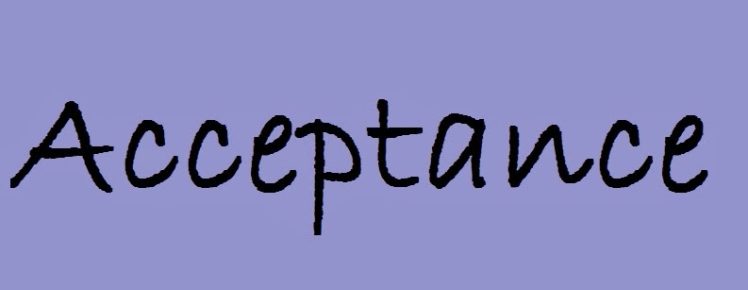What is an endorsement in relation to a bill of exchange? Explain the various types of such endorsements.
A negotiable instrument may be transferred either by negotiation or by assignment. Negotiation means, ‘transferring of an instrument from one person to another in such a manner as to convey title and to make the transferee the holder of it.
A bill or cheque payable to bearer is negotiated by mere delivery of the instrument. However, when the bill or cheque is payable (not to a bearer) to a specified person or to the order of such specified person, then it can be negotiated by delivery and endorsement. If such an instrument is negotiated by only delivery without endorsement, it is merely assigned and not negotiated. Holder of such instrument is not entitled to the rights of the holder in due course.
Endorsement means signing at the back of the instrument for the purpose of negotiation. Section 15 of Negotiable Instrument Act defines endorsement as, “when the maker or holder of a negotiable instrument signs the same, otherwise than as such maker, for the purpose of negotiation, on the back or face thereof or on a slip of paper (called allong) annexed thereto, or so signs for the same purpose a stamped paper intended to be completed as a negotiable instrument, he is said to endorse the same.”
The person making the endorsement is called an ‘endorser’ and the person to whom the instrument is endorsed is called an ‘endorsee’.
Essentials of a valid Endorsement :
- It must be on the face or back of the instrument.
- It must be signed by the payee in exact spellings as appearing on the face of the negotiable instrument.
- It must be completed by the delivery of the instrument.
- It must be made by the holder of the instrument.
Kinds of endorsement :
Blank or general endorsement. If the endorser signs his name only and does not specify the name of the endorsee, the endorsement is said to be blank. [Section 16(1)]
The effect of a blank endorsement is to convert the order instrument into bearer instrument [Section 54]. which may be transferred merely by delivery.
Endorsement in full or Special endorsement. If the endorser, in addition to signing the instrument, specifies a direction to pay the amount mentioned in the instrument to, or to the order of, a specified person, the endorsement is said to be full. The person so specified is called ‘endorsee’ of the instrument. [Section 16]
Partial endorsement. An endorsement is partial which purports to transfer to the endorsee a part only of the amount payable on the instrument. A partial endorsement does not operate as a negotiation of the instrument. Section 56 provides that a negotiable instrument cannot be endorsed for a part of the amount appearing to be due on the instrument.
Restrictive endorsement. Restrictive endorsement is one which prohibits or restricts further negotiation of the instrument, e.g., ‘Pay the contents of A only or “Pay A for my use.”
Conditional endorsement. A conditional endorsement is one which makes the transfer of property in a negotiable instrument from the endorser to the endorsee dependent upon the fulfillment of a stated condition.
Endorsement ‘Sans Recourse. An endorser of a negotiable instrument may, by expressed words in the endorsement, exclude his own liability thereon [Section 52 of the N.I.Act] . Such endorsement is called `Endorsement Sans Recourse’.





